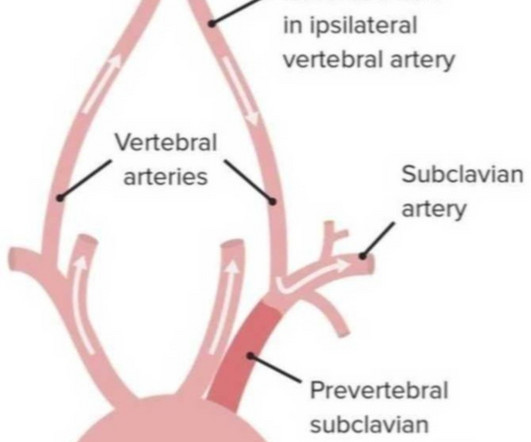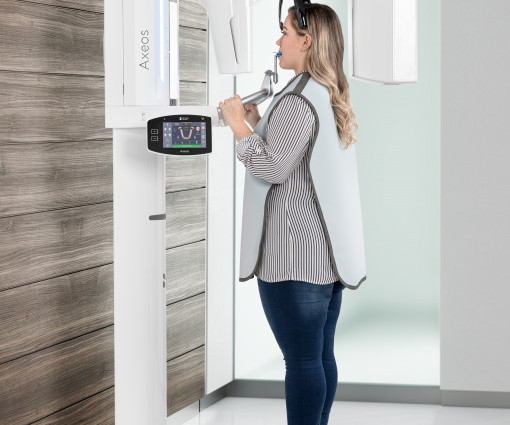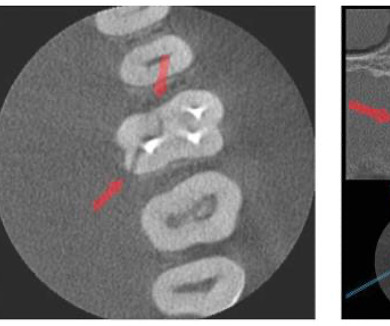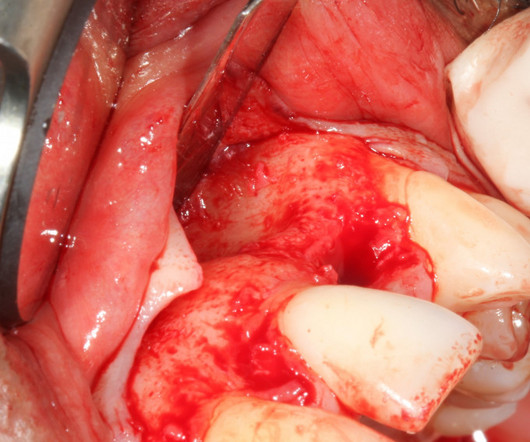9 Technologies That Will Shape The Future Of Dentistry
The Medical Futurist
JUNE 17, 2025
Artificial intelligence Already, dentists employ software to get insights into clinical decision-making, but AI is changing the face of dentistry, just like it is in many other fields. For dentists, it’s transforming diagnosis, decision-making, and treatment planning. This means faster results and less guesswork.




















Let's personalize your content